UK, US officials say Russia was behind DDoS attacks against Ukraine
The Russian Embassy in the US slammed the accusations as "baseless statements"
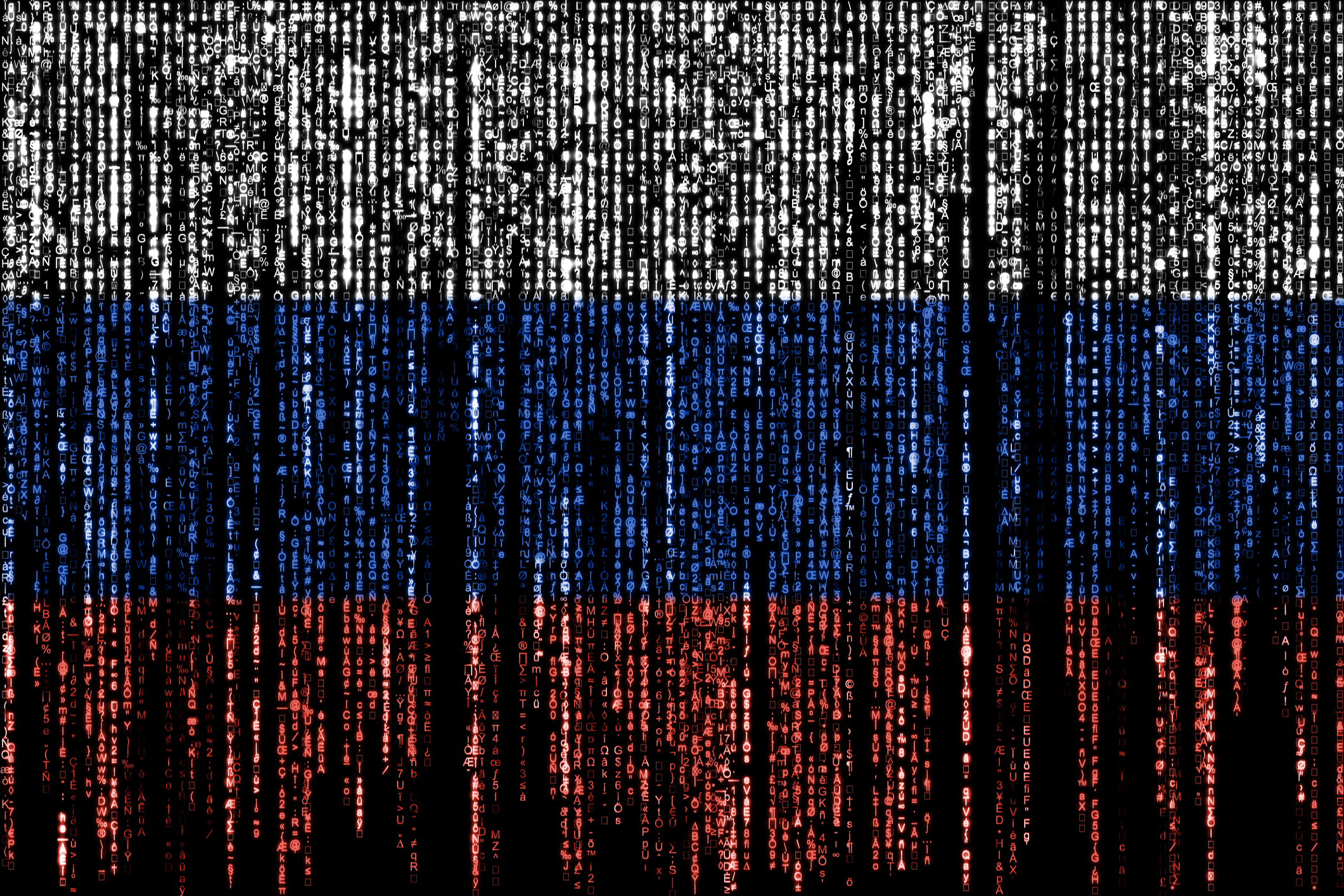

UK and US officials have blamed Russia’s intelligence agency for carrying out last week’s distributed denial of service (DDoS) attacks against Ukraine.
The attacks, which took place on 15 February, targeted the Ukrainian Ministry of Defence, as well as Ukraine’s largest commercial bank, PrivatBank, and the State Savings Bank of Ukraine, Oschadbank.
On Friday, the UK’s National Cyber Security Centre (NCSC) said that technical information from the attacks show that Russia’s Main Intelligence Directorate (GRU) was responsible for the attacks against the two Ukrainian banks.
In a statement, the UK’s Foreign, Commonwealth & Development Office (FCDO) described GRU’s activity as “yet another example of Russia’s aggressive acts against Ukraine”.
“This disruptive behaviour is unacceptable, Russia must stop this activity and respect Ukrainian sovereignty. We are steadfast in our support for Ukraine in the face of Russian aggression,” the FCDO spokesperson added.
In a White House press briefing on Friday, deputy national security advisor Anne Neuberger also said that the Russian government was responsible for "the wide-scale cyber attacks on Ukrainian banks"
“Russia likes to move in the shadows and counts on a long process of attribution so it can continue its malicious behaviour against Ukraine in cyberspace, including pre-positioning for its potential invasion.
Get the ITPro daily newsletter
Sign up today and you will receive a free copy of our Future Focus 2025 report - the leading guidance on AI, cybersecurity and other IT challenges as per 700+ senior executives
“Known GRU infrastructure was seen transmitting high volumes of communications to Ukraine-based IP addresses and domains,” Neuberger said, adding that the US is working to help Ukrainian network defenders to “respond to and recover from cyber incidents as well as strengthen the resilience of cyber critical infrastructure”, as well as “cooperating with Allies and partners to disrupt and respond to malicious cyber activity”.
“That includes work to share intelligence regarding malicious cyber techniques and ensure the global community is ready to rapidly call out malicious cyber activity as appropriate,” she said.
On Saturday, the Russian Embassy in the US denied the accusations and described Neuberger’s statement as “purely anti-Russian”.
“We categorically reject these baseless statements of the administration and note that Russia has nothing to do with the mentioned events and in principle has never conducted and does not conduct any "malicious" operations in cyberspace,” the embassy stated in a Twitter post.
Having only graduated from City University in 2019, Sabina has already demonstrated her abilities as a keen writer and effective journalist. Currently a content writer for Drapers, Sabina spent a number of years writing for ITPro, specialising in networking and telecommunications, as well as charting the efforts of technology companies to improve their inclusion and diversity strategies, a topic close to her heart.
Sabina has also held a number of editorial roles at Harper's Bazaar, Cube Collective, and HighClouds.
-
 Should AI PCs be part of your next hardware refresh?
Should AI PCs be part of your next hardware refresh?AI PCs are fast becoming a business staple and a surefire way to future-proof your business
By Bobby Hellard
-
 Westcon-Comstor and Vectra AI launch brace of new channel initiatives
Westcon-Comstor and Vectra AI launch brace of new channel initiativesNews Westcon-Comstor and Vectra AI have announced the launch of two new channel growth initiatives focused on the managed security service provider (MSSP) space and AWS Marketplace.
By Daniel Todd
-
 ASUS, Cisco, Netgear devices exploited in ongoing Chinese hacking campaign
ASUS, Cisco, Netgear devices exploited in ongoing Chinese hacking campaignNews Critical national infrastructure is the target of sustained attempts from state-sponsored hackers, according to Five Eyes advisories
By Ross Kelly
-
 Off-the-shelf ransomware is spurring a new era in the Ukraine war
Off-the-shelf ransomware is spurring a new era in the Ukraine warNews Experts agreed Russian forces could be overwhelmed, forced to use less sophisticated tools to meet the regime's demands
By Connor Jones
-
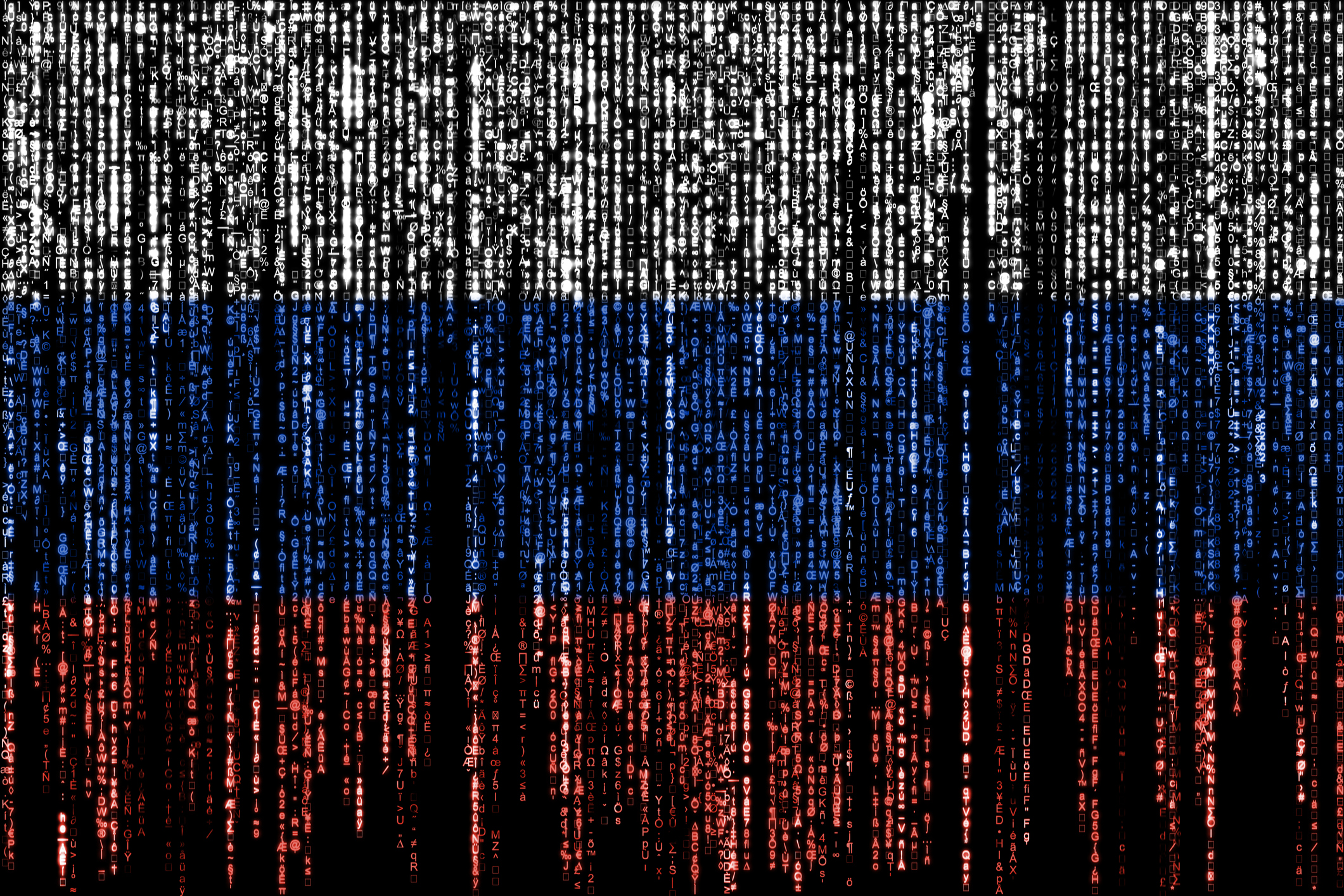 NCSC: “New class” of Russian cyber attackers seek to destroy critical infrastructure
NCSC: “New class” of Russian cyber attackers seek to destroy critical infrastructureNews The cyber threat has been raised due to the heightened risk of ideologically driven cyber attacks from Russia-aligned adversaries
By Connor Jones
-
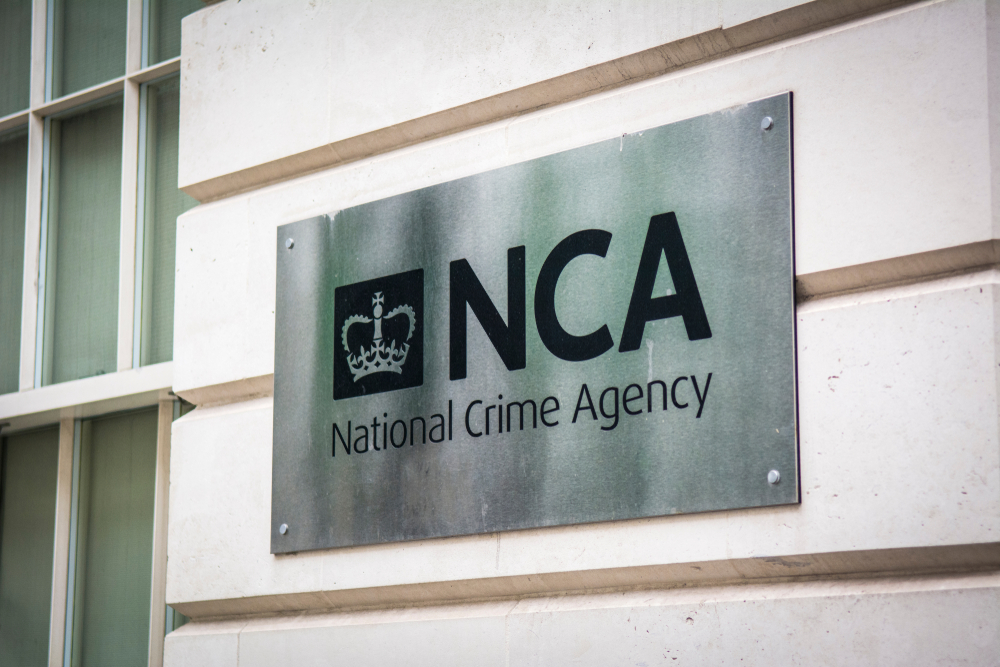 UK crime fighters wrangle “several thousand” potential cyber criminals in DDoS-for-hire honeypot
UK crime fighters wrangle “several thousand” potential cyber criminals in DDoS-for-hire honeypotNews The sting follows a recent crackdown on DDoS-for-hire services globally
By Ross Kelly
-
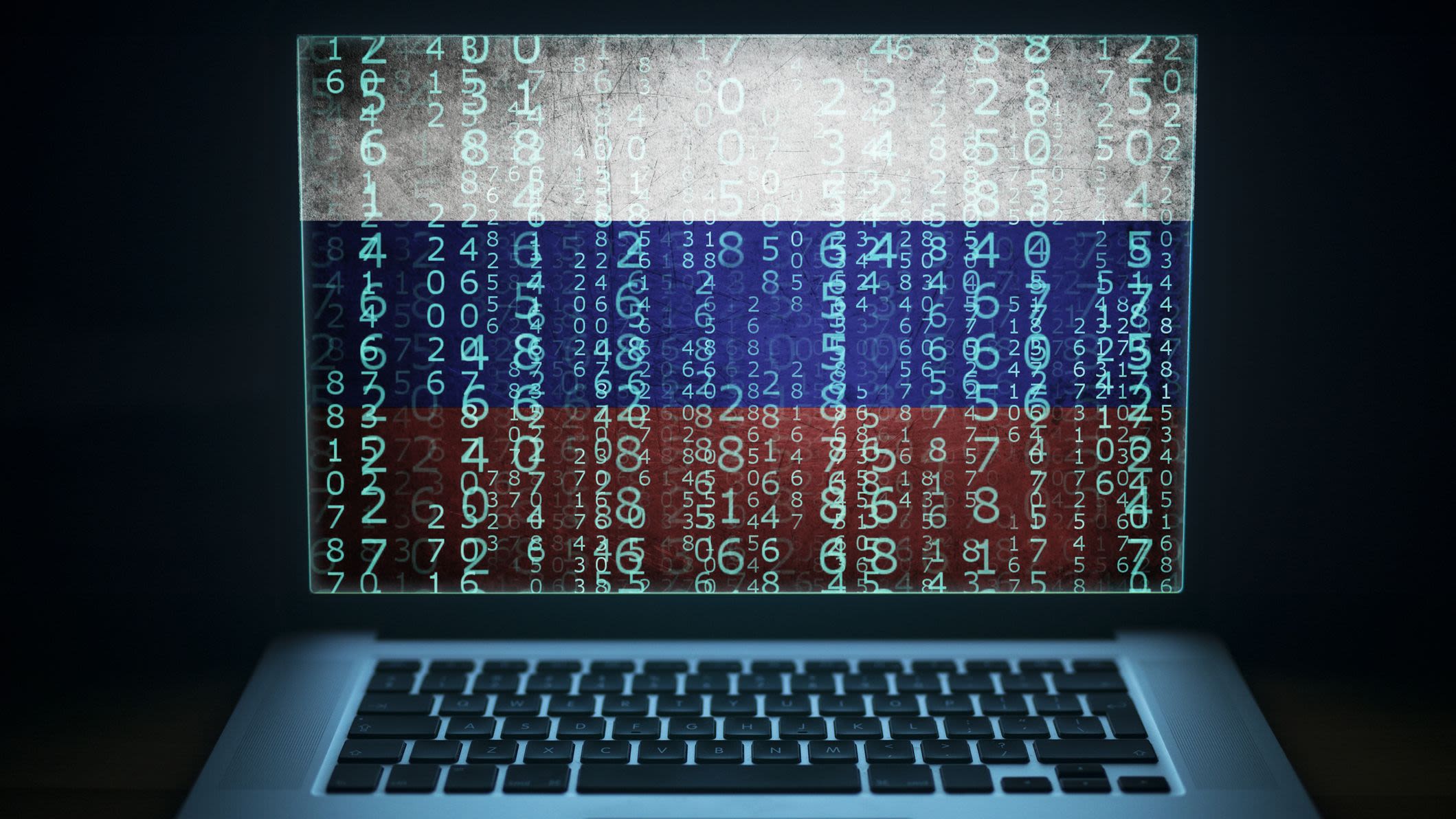 NCSC warns UK under state-sponsored spear-phishing attacks from Russia and Iran
NCSC warns UK under state-sponsored spear-phishing attacks from Russia and IranNews The acceleration in spear-phishing campaigns last year coincided with the escalating conflict in Ukraine, according to the NCSC
By Ross Kelly
-
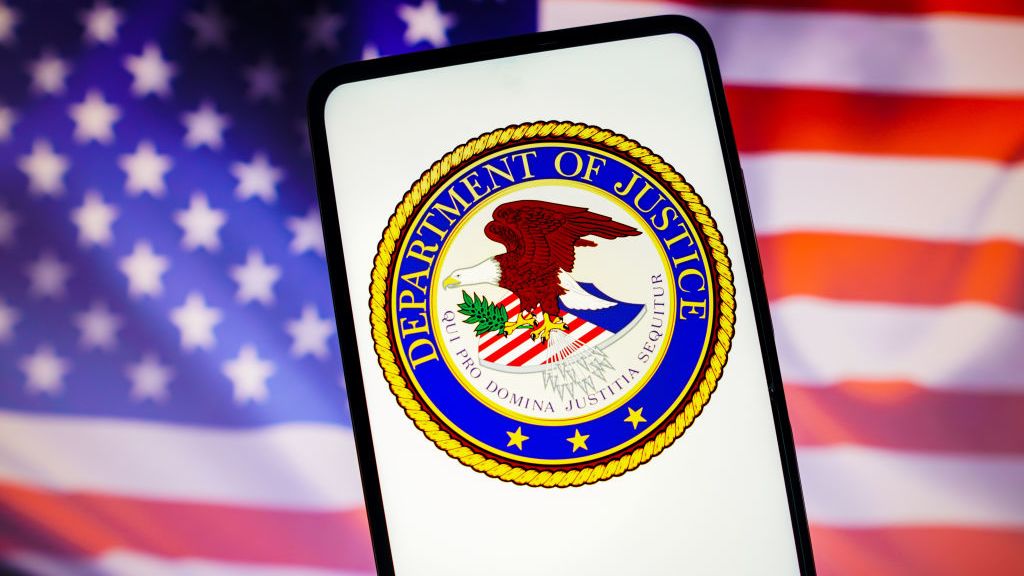 US begins seizure of 48 DDoS-for-hire services following global investigation
US begins seizure of 48 DDoS-for-hire services following global investigationNews Six people have been arrested who allegedly oversaw computer attacks launched using booters
By Zach Marzouk
-
 NCSC founder details 'biggest regret' in underestimating organised cyber crime
NCSC founder details 'biggest regret' in underestimating organised cyber crimeNews In a rare public address, Martin also detailed his proudest achievement and how the idea for the NCSC came to be
By Zach Marzouk
-
 Will triple extortion ransomware truly take off?
Will triple extortion ransomware truly take off?In-depth Operators are now launching attacks with three extortion layers, but there are limitations to this model
By Connor Jones